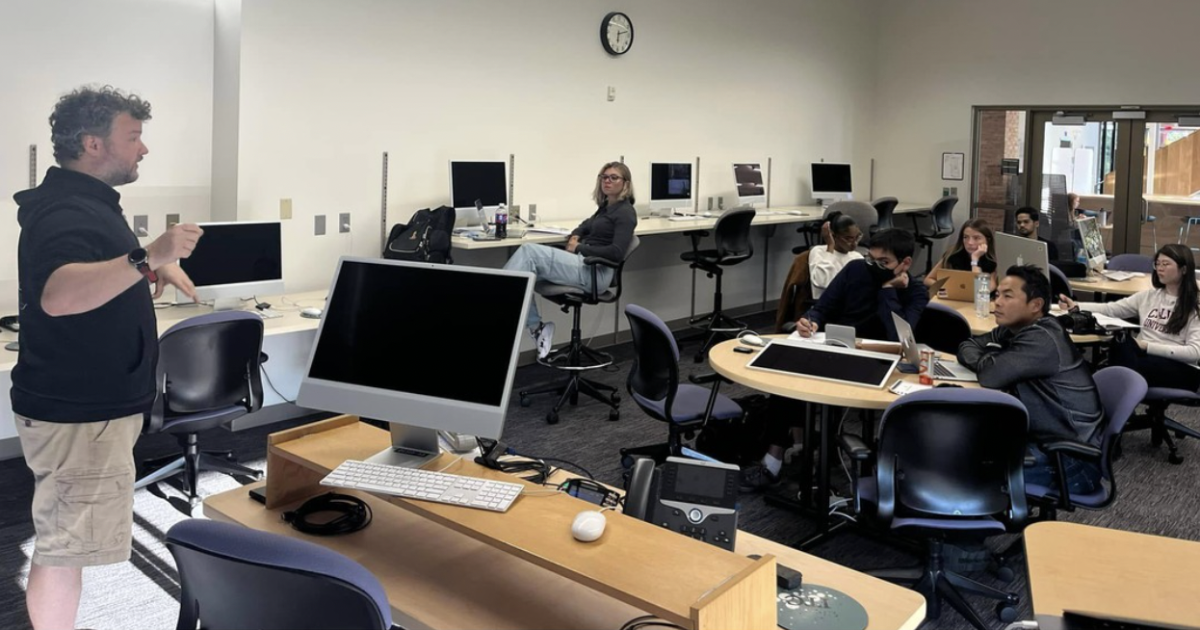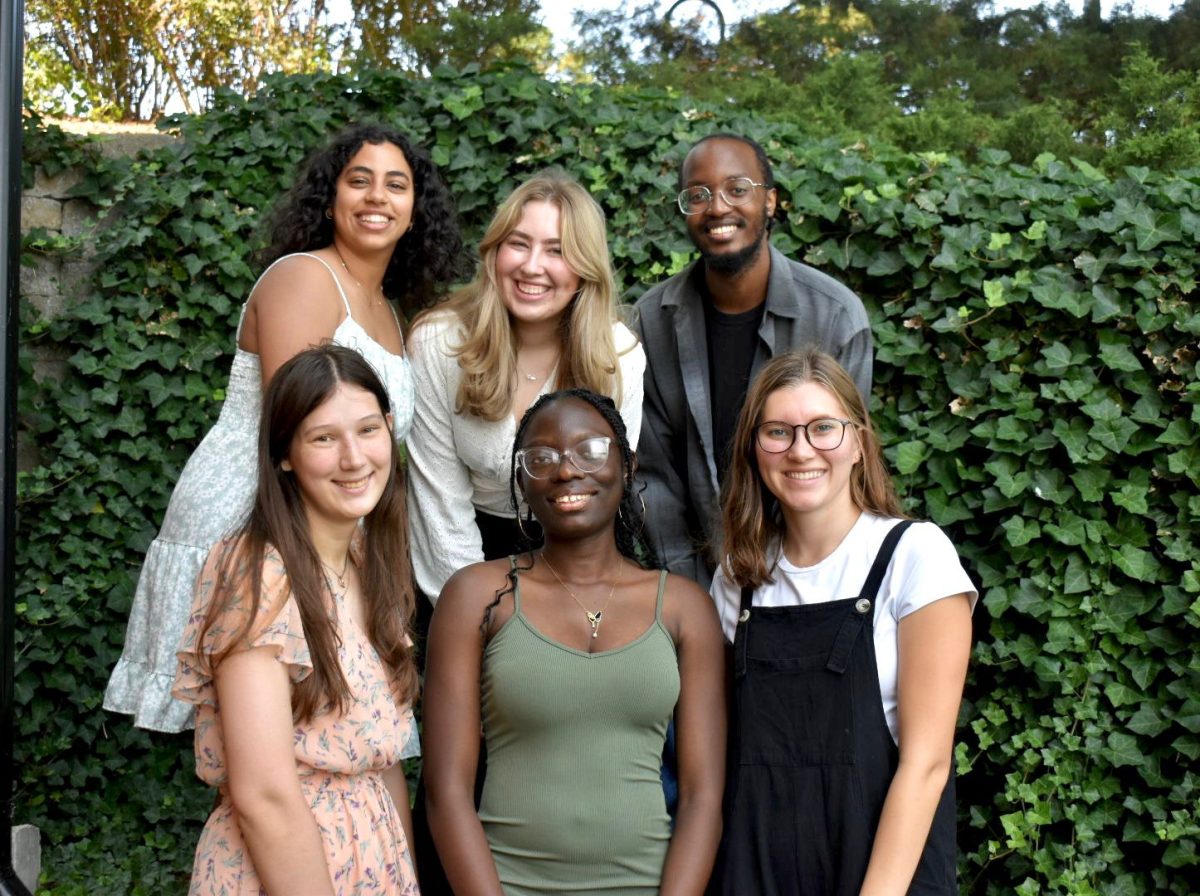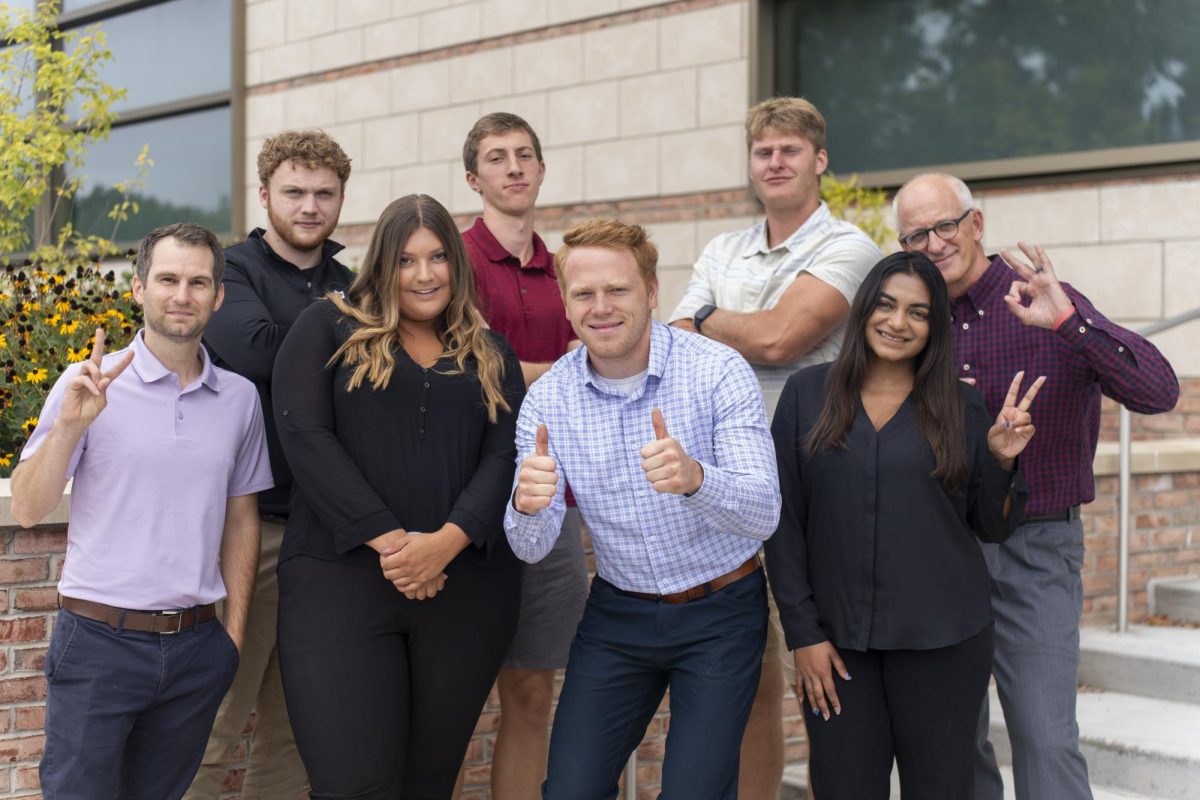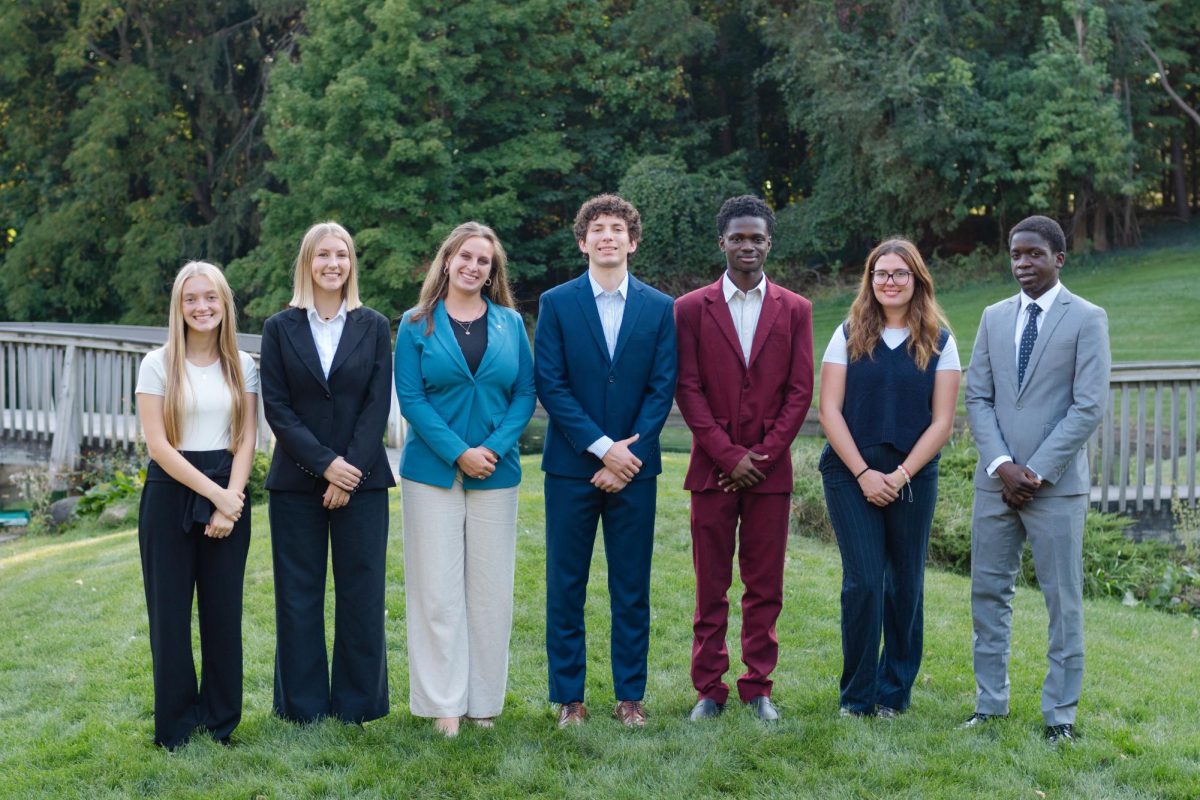On October 10, Calvin held a panel named “The Adoption Experience” to kick off a new support group and a one-on-one mentoring program, both for adopted students.
These programs, the first of their kind at Calvin, are hosted by the Center for Counseling and Wellness and are designed to “sort through the layers of your identity and strengthen your sense of belonging in community with others who were adopted,” according to the flier handed out at the event.
According to panelist Kristin Groom, the adoption panel focused on the “combination of joys and challenges” of being an adoptee, especially in a transracial context. Groom, the program coordinator for Calvin’s Center for Innovation in Business, is an adoptee herself and graduated from Calvin in 1996.
Challenges for adoptees, especially transracial adoptees, includes microaggressions –– indirect discriminatory acts or comments towards a marginalized group. A common microaggression is asking adoptees about their “real parents,” according to Groom. Her response is “My parents are my real parents. They raised me.”
People also comment frequently “You’re so lucky to be adopted,” which Groom said can lead to feelings of isolation. For transracial adoptees, these comments can play into harmful narratives about white parents who adopt BIPOC children.
According to Rhonda Roorda, author and speaker on transracial adoption and a transracial adoptee, microaggressions of all kinds can be harmful for adoptees because “we don’t wanna be different. We’re dying to fit in.”
Microaggressions are not the only difficulty adoptees will face. If parents are not “upfront in a developmentally appropriate way” with their children early in their lives about what has happened in their life journey, it may lead to issues such as identity processing down the line, according to Helder. Roorda spoke directly to adoptive parents: “To parents –– this is a lifelong journey and it is quite nuanced. . . As an adoptee, I’m not asking for perfection, but I am asking that parents, siblings, and extended family stay in the game with us.” She wants white adoptive parents with transracial children to know that you don’t get to take a step back just because you’re tired of having less white privilege.
To fellow adoptees, Roorda said “You have to love yourself. And you have to know who you are and where you came from” in regards to not only mental health for adoptees but also in regards to a system that favors white people.
Groom also emphasized the importance of embracing your roots for transracial adoptees: “Being biracial has been a long journey. . . I needed to get to the heart of who I am as a whole, not just the white part. And part of that was my adoption story.”
Currently, there is no data on the percentage of adoptees and non-adopted siblings at Calvin, according to Emily Helder, licensed psychologist and adoption researcher who had requested such data if it was collected. According to Roorda, lack of data can contribute to “lack of direction.” Roorda said that she doesn’t “think this issue is going to be figured out until everyone comes together to have a discourse” in regards to how the unique challenges of adoption affect Calvin students.
One way to deal with issues of race and family dynamics is to join Adoption Mosaic, a group unaffiliated with Calvin that supports adoptees and their parents in conversations about race in a way they may not have previously been able to, according to Helder. Identity matters, and in order to instill identity, Groom suggests to “seek out as many people who share commonalities as you can.”
Therapy is a helpful tool as well. Common themes and goals in the therapy process for adoptees are identity processing, processing worth, and dealing with feelings of permanency and how that affects future relationships concerning trust and safety, Helder suggests.
Adoptees are encouraged to use this free resource –– something that Groom says she did not have during her days at Calvin. Students can sign up through the CCW by contacting them at @counseling.calvin.edu, 616-526-6123, or by stopping by the office in SC 368.
The group will convene weekly on Fridays from 4:30 p.m.-5:30 p.m., and will be led by Sally Verstraete, licensed master social worker (LMSW), adoption expert, therapist and adoptee herself. One-on-one mentoring will also be available, holding 1-2 meetings a month where students can meet with an adoptee from another generation to share experiences and learn from one another.










Judy Otte • Nov 10, 2023 at 9:54 am
Sounds like a helpful meeting. Good to share with people on a similar journey.